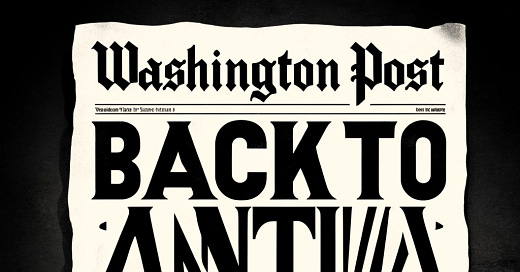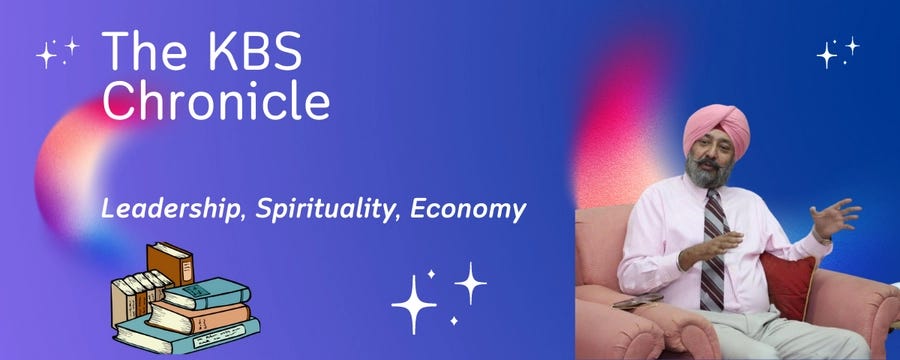Washington Post: Back to Anti-India Narrative, under Garb of Investigative Journalism
Questioning the Narrative: Unverified Claims and the Timing of Allegations Against India.
Introduction to a Dubious Narrative
As India stands on the precipice of pivotal Lok Sabha elections, a startling narrative has emerged in the Western media, spearheaded by a Washington Post article that went online barely minutes ago. The timing and substance of these allegations, which paint a portrait of an India embroiled in overseas assassination plots, raise critical questions about the intent and veracity behind these claims. Are these assertions rooted in fact, or are they a strategic ploy to influence the electoral outcomes and tarnish the image of a rising global power?
Unverified Claims and Questionable Sources
The article in question makes serious accusations against high-ranking officials in India's government and intelligence apparatus, implicating them in assassination plots on foreign soil, essentially on the basis of conjectures. However, upon closer examination, the evidence presented appears circumstantial at best, largely based on anonymous sources and speculative connections. This reliance on unverified information and unnamed officials casts a shadow of doubt over the entire report. It begs the question: Why is there such a scarcity of tangible evidence, and why are these allegations surfacing now?
Timing: A Tool for Electoral Interference?
The timing of the publication is conspicuous. Released just as India gears up for an election, it is difficult not to view this as a calculated move. This pattern is not new; it echoes historical attempts by various entities to sway political sentiments and electoral results, not just in India, but globally. The selective disclosure of such allegations, right before an election, suggests an ulterior motive aimed at influencing the democratic process, possibly orchestrated by elements with a vested interest in weakening India’s current leadership.
The Role of the Washington Post: Journalism or Advocacy?
The Washington Post, a reputed institution, ought to hold itself to the highest journalistic standards. Yet, this article seems to deviate from impartial reporting, leaning towards a narrative that could potentially benefit anti-India elements. The lack of solid evidence paired with the strategic timing of the publication undermines its credibility and highlights a possible shift from unbiased journalism to advocacy. This not only discredits the media outlet but also serves as a disservice to the public, who rely on such institutions for accurate and fair reporting.
Potential Backfire: Rallying the Electorate
Ironically, such attempts to discredit the government might backfire spectacularly. History shows that when a nation perceives itself under unfair external scrutiny or attack, its people often rally around more assertive, strong leadership. The portrayal of India’s leadership as being capable of assertive, if not aggressive, international posturing could inadvertently appeal to the electorate's desire for a robust, decisive government. This could galvanize voter support towards a leadership that promises to defend national dignity against perceived international conspiracies and biases.
Summing Up: Discerning Truth in the Age of Information
In an era where information can be both a weapon and a tool, the discerning voter must look beyond sensational headlines and seek the truth. The allegations against India, as presented in the Washington Post, remain unverified and are imbued with suspicious timing. This narrative could very well be an attempt by anti-India factions to influence the electoral outcomes to their favor. However, the Indian electorate is wise and might see through these tactics, possibly even rallying behind a leader who stands strong against such international pressures. As India continues on its path as a global power, it will need leadership that not only navigates domestic challenges but also withstands external manipulations.





